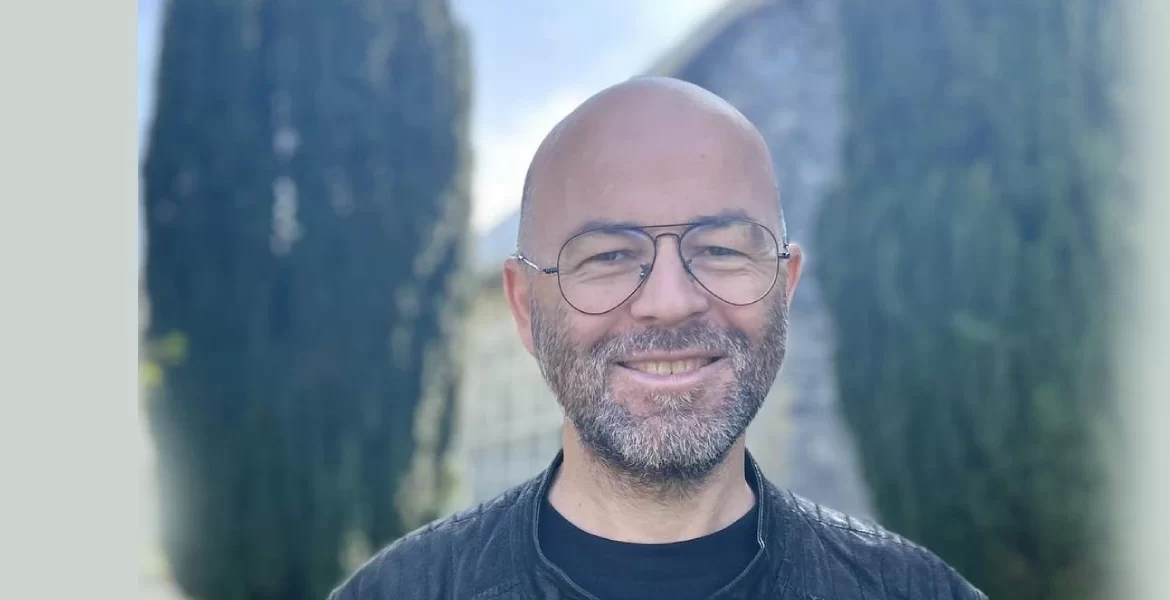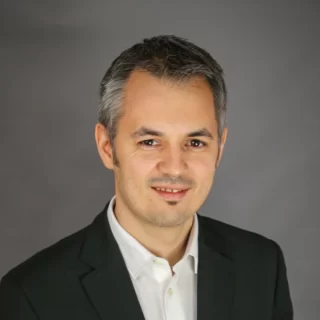A report by the Council of Europe’s Commissioner for Human Rights on dealing with the past in the region of former Yugoslavia has issued a stark warning: “the divisive and hateful narratives that spearheaded the wars of the 1990s are back and regaining strength.”[1] The report highlights a well-documented increase in hate speech, inter-ethnic violence and intolerance. There is an alarming rise in ethno-nationalist discourse and growing support for far-right groups with regional and international ties, denying atrocities and glorifying war criminals, with politicians resorting all too readily to nationalist discourse, manipulating the past to stay in power. National histories and divisive views about the past are the driving force behind these dangerous discourses.
The report lists a number of failures that have led to the current situation nearly three decades after the wars in Croatia, Bosnia, and Kosovo. Chief among these is the failure of regional countries to initiate meaningful transitional justice processes. After the Dayton and Kumanovo agreements, and the fall of Slobodan Milosevic in Serbia, there was a sense that the wars in the Balkans were a thing of the past. In Kosovo at least, there was a sense of triumph, that the righteousness had prevailed, a belief in the “end of history” and a dawning of a new era of peace and prosperity. However, twenty-five years later, history seems poised to repeat itself with the same actors chanting the same old slogans of twenty-five years ago.
It is as if people had believed that the era of progress, liberal democracy and human rights, would make wars a remnant of the past and an act only of backward tribalist barbarians. This belief that time itself as progress would make certain things obsolete, as unworthy of civilized nations, is bound up with the idea of progress as the redeemer of all past grievances and injustices. When people raise the question, how is it possible that twenty-five years later the wars are still possible, they are demonstrating their belief in the idea of progress. Or as Walter Benjamin would say, writing in the 1940, people are astonished that “the things we are experiencing are ‘still’ possible in the twentieth century.”[2] But, to him, this astonishment is only possible if one holds onto an untenable view of history.
Progressive tribalism
Twenty-first century technological advancements should have ushered an era of cooperation, the only history possible being that of the future absolving that of the past. Scientific rationality was presumed to render archaic beliefs in myths, history, and nation. Nevertheless, humanity is showing an incredible capacity to conjoin myths, historical fables, nationalist tribalism with scientific advancements, without any apparent contradictions or paradoxes, in particular in the form of military advancements. The latter is being put to the service of the former. One might safely say that in the twenty-first century, history has made a strong come back. However, as the wars in former Yugoslavia and elsewhere around the globe show, history has never really vanished.
History and the concept of a glorious past of the nation to be redeemed are central to how Balkan nations imagine themselves and to their politics, since their emergence as independent countries in the nineteenth century. This past is imbued with a sense of messianism, its tone divining the rise of a Great Nation. As Benjamin puts it, “There is a secret agreement between past generations and the present one. Our coming was expected on earth.”[3]
The major methodological tenet underpinning official historical narratives in the region is the concept of a unitary continuity of history. History is one flow of uninterrupted never-ending continuity ensuring that we are the same people from time immemorial to this day, that our undiluted national essence is inscribed in our genetic code, that the ancestral territories we inhabit have never shifted, they have only been shrunk by the attack of the hordes, that our legitimacy to redeem what has been lost to us derives from our inalienable historical right to this time and place. As Michel Foucault succinctly puts it, “Continuous history is the indispensable correlative of the founding function of the subject: the guarantee that everything that has eluded him may be restored to him; the certainty that time will disperse nothing without restoring it in a reconstituted unity; the promise that one day the subject – in the form of historical consciousness – will once again be able to appropriate, to bring back under his sway, all those things that are kept at a distance by difference, and find in them what might be called his abode.”[4]
Such conceptions of history, fuel ethno-nationalist and extremist ideologies and perpetuate grievances over perceived historical injustices. The CoE report states that the public discourse about the past is dominated by ethno-nationalist narratives across much of the region, by manipulation and polarisation of these narratives by political leaders stirring divisiveness, together with spreading of the fear about the other ethnic groups.
The threat of the “other” as a biological threat is what prompted Foucault to conclude that the modern state at some point during the nineteenth century got entangled with racism.[5] This new form of racism seeks to attain the purity of the race and hence it sees all the inferior members of the in-group as well as the members of the other groups as biological threats to its own survival. As biopolitics, this was manifested in its extreme in the twentieth century under Nazi Germany, where anybody deemed to taint the purity of the race or “deviate” from the bio-norm was targeted for elimination. This includes women’s bodies, LGBTQI+ bodies, disabled bodies and those unfit to work, immigrant and enemy bodies. Benjamin himself suffered death at the hands of such politics, taking his own life knowing that concentration camps and death awaited him there as a Jew.
In the wake of the global resurgence of far-right and extreme-right factions, along with the amplification of ethno-nationalist rhetoric, we are witnessing a renewed assault on bodies deemed “deviant” or “inferior.” This is evident in escalating efforts to regulate and constrain women’s autonomy, curtail the rights and liberties of LGBTQI+ individuals and communities, target immigrant and minority populations, and disseminate misinformation, spanning from COVID-19 vaccines to climate change. At the core of this resurgence lie notions of racial purity and the perceived ancestral entitlement to reclaim supposed lost civilizational heritage.
A history of truth
Against the linear conceptions of time and history, imagined as progress or else, Benjamin wants to oppose a different understanding of time, one that opens history up for active political engagement in the “now-time”. At the beginning of the thesis XII, he cites Nietzsche from his Of the Use and Abuse of History for Life, as saying “We need history, but not the way a spoiled loafer in the garden of knowledge needs it.” In a word, any prophesies about the end of history are not only false, but worse, they will only serve to reinforce exiting notions of history as a unitary and a coherent whole.
The question is rather, what kind of history do we need? What kind of history does our region need? With mainstream politicians and the international community sidelining transitional justice processes, the responsibility falls on civil society, academics, the media, survivor associations and the families of civilian war victims from the 1990s wars to collaboratively pursue a common ground for establishing the truth of these wars. Its aim should be to challenge and confront dominant ethno-nationalist narratives in the region and open up space for plural understandings of the past.
Alban Bokshi – Alban completed his MA in Continental Philosophy at the University of Staffordshire, UK, MA from the University of Sussex, UK, in Contemporary European Studies and graduated from the American University in Bulgaria in European Studies and International Relations/Political Science. He has long experience in the civil society sector as founder and director, researcher and project manager in several NGOs, working in different fields from anti-corruption to foreign policy analysis. He also has experience in public administration as a consultant and political advisor for various projects in the Government of Kosovo. Alban contributes to local media and blogs with writings on issues related to politics, social developments and philosophy.
[1] Dunja Mijatović, Issue Paper by the Council of Europe, Commissioner for Human Rights “Dealing with the Past for a Better Future – Achieving justice, peace and social cohesion in the region of the former Yugoslavia,” https://rm.coe.int/issue-paper-on-transitional-justice-dealing-with-the-past-for-a-better/1680ad5eb5
[2] Walter Benjamin Illuminations “Theses on the Philosophy of History” (Trans. Harry Zohn). Schocken Books, New York 1986.
[3] Ibid.
[4] Michel Foucault Archaeology of Knowledge (Trans. A. M. Sheridan Smith). Routledge Classics London and New York 2002.
[5] Michel Foucault Society Must Be Defended: Lectures at the College de France 1975-1976 (Trans. David Macey) Picador New York 2003.




